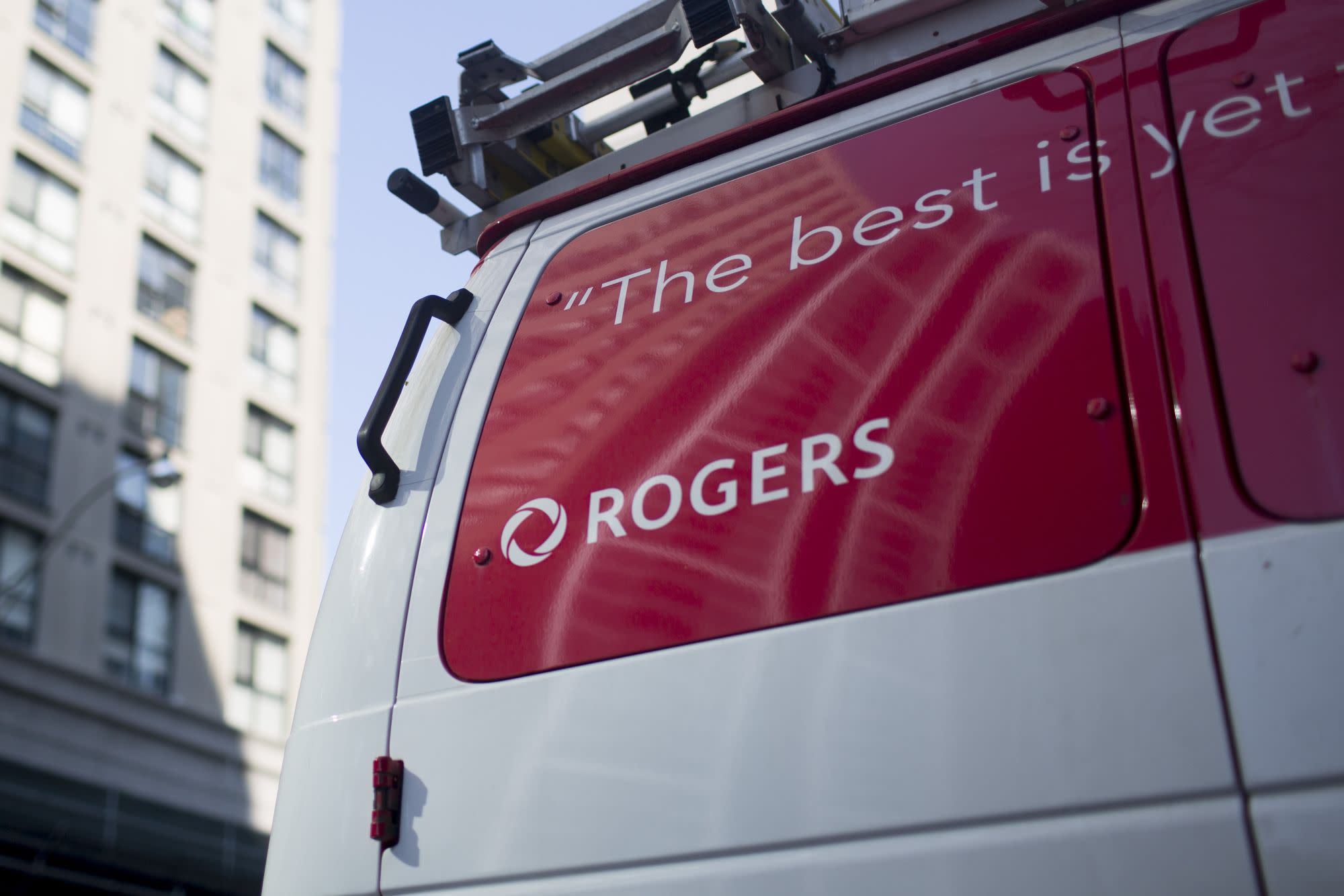SunriseChampion
Senior Member
Its importance is massively overstated.I'm not overly concerned w/speed.
I pay for "150mbps" but because of my browser end up with speeds of around 10mbps. Everything works fine.
I guess if you're streaming seven screens of 4K nonsense......
I'm on year 4 of a "special promo" offer from Rogers where I'm paying less than half the sticker price for my internet. One just has to shop around, talk to people, get lucky, etcI am concerned w/being over-priced. (relative to other similar jurisdictions).
Yeah, oligopolies and monopolies are shit. Running city-owned fibre isn't going to change the competition landscape in this country. It's not a free and open market with all manner of subsidy and it's not truly competitive because industry consolidation is allowed to well past a reasonable point.That said, I'm not particularly in favour of a City-owned network............I'm just open to bullying the telcos into being less greedy.






/https://www.thestar.com/content/dam/thestar/uploads/2021/03/15/afw-rogersshaw01-jpg-0.jpg)

